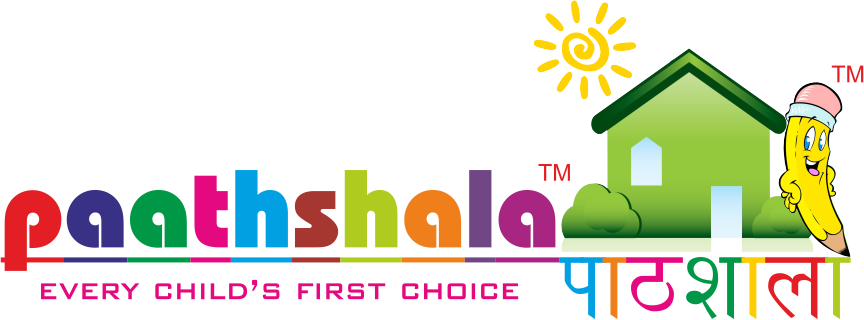Kindergarten is a form of pre-primary education that aims to provide young children with a foundation for their academic, social, and emotional development. It is usually designed for children aged between 3 to 6 years old, and it is a critical stage in a child’s growth and development. In this essay, we will discuss the importance of kindergarten education in 1000 words.
- Firstly, kindergarten education plays a crucial role in preparing children for primary education. It is the first formal education experience for many children, and it provides them with a solid foundation for their future learning. Kindergarten teachers use a wide range of activities to introduce children to basic concepts such as language, math, and science. These activities are usually designed to be fun and engaging, which helps to develop children’s curiosity and enthusiasm for learning.
- Secondly, kindergarten education helps children to develop their social skills. During this stage, children learn how to interact with their peers, make friends, and communicate effectively with others. They also learn about sharing, taking turns, and working collaboratively, which are important social skills that they will use throughout their lives. Kindergarten teachers create a positive learning environment that encourages children to express themselves and interact with others, which helps to foster their social development.
- Thirdly, kindergarten education helps children to develop their emotional skills. Young children experience a range of emotions, and kindergarten provides them with a safe and supportive environment to explore and manage their feelings. Kindergarten teachers help children to develop their emotional intelligence, which includes skills such as self-awareness, self-regulation, and empathy. By developing these emotional skills, children are better able to cope with stress and manage their emotions, which helps them to develop resilience and a positive attitude towards life.
- Fourthly, kindergarten education helps children to develop their creativity. Kindergarten teachers provide children with opportunities to explore their imagination and creativity through various activities such as painting, drawing, and storytelling. These activities help children to develop their creativity and problem-solving skills, which are essential for their future success. Children who are exposed to creative activities in kindergarten are more likely to be innovative and successful in their adult lives.
- Fifthly, kindergarten education helps to bridge the achievement gap between children from different socioeconomic backgrounds. Children who come from disadvantaged backgrounds may not have access to the same educational opportunities as their peers, and kindergarten can help to address this imbalance. Kindergarten teachers work with children from diverse backgrounds and provide them with a level playing field, which helps to promote social equity and fairness.
In conclusion, kindergarten education plays a vital role in a child’s growth and development. It provides children with a solid foundation for their future academic, social, and emotional development. It helps them to develop their social skills, emotional skills, creativity, and problem-solving skills, which are essential for their future success. Kindergarten education also helps to promote social equity and fairness, by bridging the achievement gap between children from different socioeconomic backgrounds. Therefore, it is essential that children have access to high-quality kindergarten education to ensure that they have the best possible start in life.



